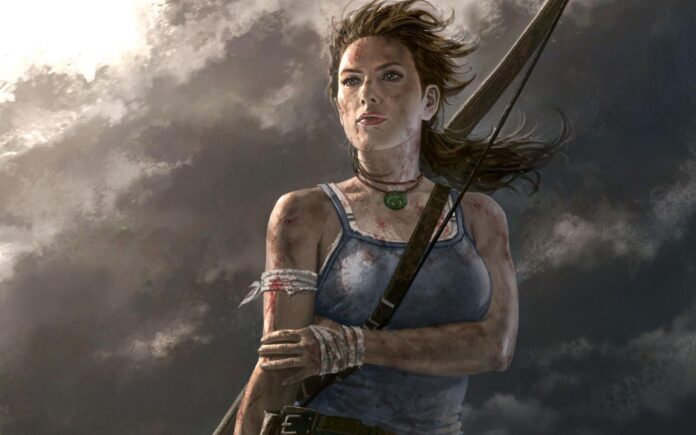Embracer’s three-way split is actually the financially mature thing to do. Quick thoughts by Joost van Dreunen.
This week Embracer announced that it is going to split into three separate publicly-listed game companies: Asmodee Group, Coffee Stain & Friends, and Middle-earth Enterprises & Friends.
Clearly, the Swedish gaming conglomerate was struggling in its form as a federation of different projects and properties. It means that every studio has to help pay the debt the mothership has accumulated by making so many acquisitions. That’s unsustainable. It’s a distraction from the creative process and destroys capital assets like talent and goodwill.
The three parts will be worth more than a single Embracer. It had previously acquired Asmodee for $3 billion, and the tabletop and board game category has continued to perform well. By divesting the different components into publicly traded companies, it will free high-performing divisions from carrying the debt Embracer accrued during the boom of 2020.
Disappointing yard sale
It also makes the new Middle-earth Enterprises & Friends division a ripe acquisition target given the strength of its IP portfolio. Embracer has been trying to sell off several of its divisions in the past 18 months, but outside of a few sales like the $460 million sale of Gearbox to Take-Two Interactive, it was unable to find any buyers. Following a disappointing yard sale, it is now splitting the company to alleviate the debt load and restructure its financing.
The recent sale of Gearbox was a steal for Take-Two though. Embracer’s need for cash forced it to sell assets at much lower valuations. It originally put together a deal package totaling $1.3 billion for Gearbox. In the run-up to the sale, Embracer apparently also already performed the bloodletting, laying off a third of Gearbox’s studio in the Netherlands, for instance. Take-Two saw a good deal and moved on it.
Maybe we can get back to making games again.
Get-Big-Quick Gaming Empire
For a more in depth look at how Embracer has managed to wiggle themselves into this position, please read Joost van Dreunen’s article on the rise and fall of ‘the European ‘get-big-quick’ gaming empire’.
Some choice bits:
We’re treated to an incredible exercise in the destruction of value. The plan had been to become an IP portfolio company and combine it with a slew of channels (e.g., mobile, board games, film) to maximize value capture. But it reeks of financial decision-makers managing for margins, rather than pursuing a clear creative vision. This is the business of entertainment after all, and it is blockbusters that make it tick.
This is late-stage capitalism destroying creativity at its finest. In its run-up to becoming the powerhouse it isn’t, Embracer spent a lot of money and implemented a laissez-faire managerial style to quickly grow in size.
Embracer’s CEO, Lars Wingefors, holds more value even than Tencent and the Guillemot family, owners of Ubisoft. It is perhaps possible then that management has gotten somewhat disconnected from reality. Moguls, after all, are cursed.
Embracer’s sobering restructuring makes Europe a much less attractive investment target. Currently, the world’s largest shareholders in publicly-traded game companies hold only a combined $15.4 billion in shares in European firms. By comparison, they hold $122 billion in American entities and $123 billion in Asian firms.
Embracer’s inevitable decline is likely to drag the rest of Europe down with it.

